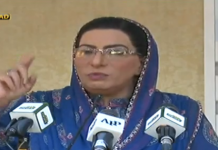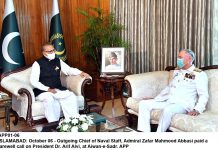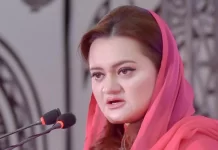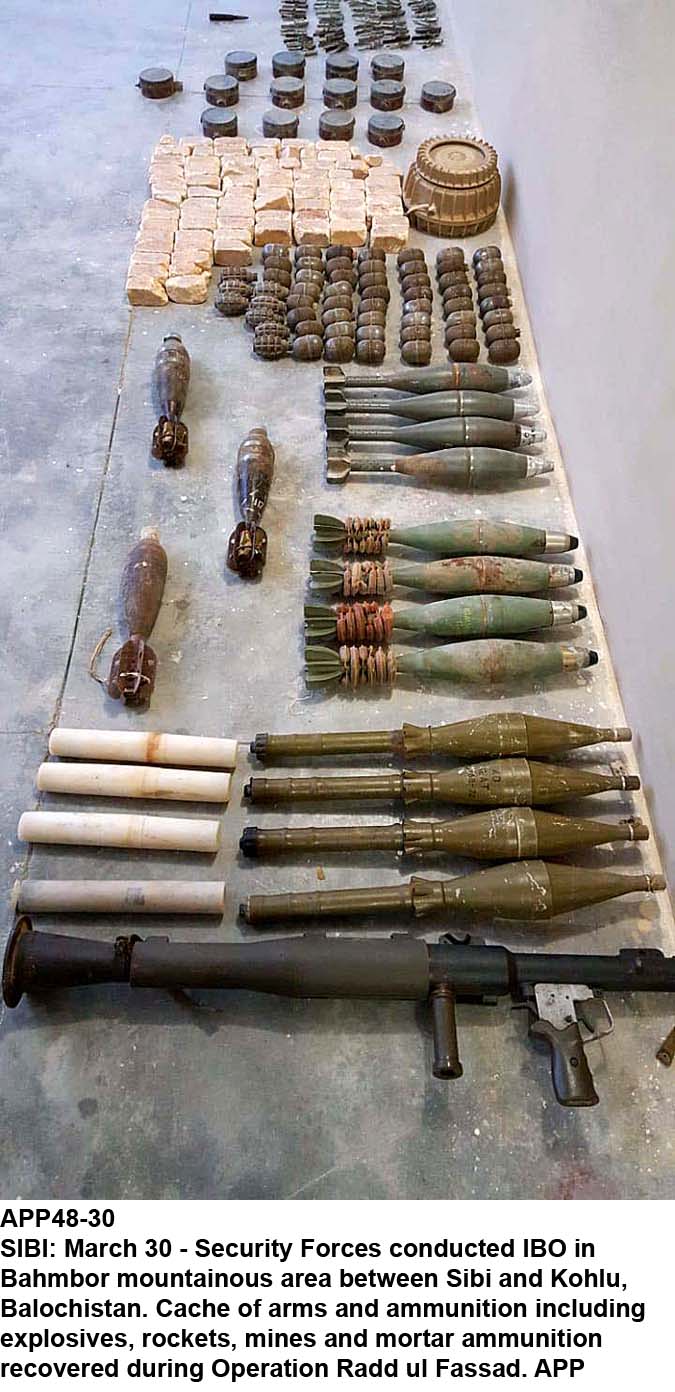مضمون کا ماخذ : Về nhiều (MB)
‘Thar Express train service with India will also be discontinued’
A day after he announced the discontinuation of the Samjhauta Express, Railways Minister Sheikh Rasheed Ahmad on Friday said the Thar Express train service to India would be suspended as well. “As long as I am the railways minister, Samjhauta Express and Thar Express will not operate. That’s it,” he declared at a press conference […]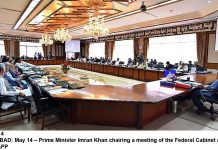
A day after he announced the discontinuation of the Samjhauta Express, Railways Minister Sheikh Rasheed Ahmad on Friday said the Thar Express train service to India would be suspended as well.
“As long as I am the railways minister, Samjhauta Express and Thar Express will not operate. That’s it,” he declared at a press conference in Islamabad.
Thar Express connects Khokhrapar town in Thar to India’s Monabao village located in the Rajasthan desert.
He told reporters that he would visit Azad Jammu and Kashmir after Eidul Azha and added, “We don’t want war […] but any person who does not fulfil his commitment with the Kashmiris is a traitor.”
Meanwhile, in line with the decisions of National Security Committee (NSC), the federal government on Friday suspended Dosti (friendship) bus service between Lahore and New Delhi.
Taking to the micro-blogging website Twitter, Federal Minister for Postal Services and Communications Murad Saeed announced that Lahore-Delhi bus service had been suspended in the wake of recent steps taken by the Indian government in occupied Kashmir.
Earlier in the day, Samjhauta Express departed from Lahore in what is likely to be its last trip for a while. The decisions have been made in reaction to India’s decision to revoke Article 370 of the Indian constitution that granted occupied Kashmir special status. In response, Pakistan decided to downgrade diplomatic relations with New Delhi and suspend all bilateral trade.
The government also announced to suspend cultural and trade ties with India and asked New Delhi to withdraw High Commissioner Ajay Bisaria from Islamabad soon after occupied Kashmir was stripped of its autonomy.
Pakistan’s High Commissioner-designate Moinul Haq, who was expected to travel to India on August 16 for assuming charge of his assignment, was stopped from proceeding to Delhi.
On Monday, the government of Indian Prime Minister Narendra Modi stripped Kashmiris of the special autonomy they had for seven decades through a rushed presidential order. An indefinite curfew – that has entered its fifth day though authorities had announced to ease it for Friday prayers – was imposed in occupied Kashmir and elected leaders were put under house arrest.
By repealing Article 370 of the constitution, people from the rest of India will now have the right to acquire property in Kashmir and settle there permanently. Kashmiris as well as critics of India’s Hindu nationalist-led government see the move as an attempt to dilute the demographics of Muslim-majority Kashmir with Hindu settlers.
Furthermore, Indian Home Minister Amit Shah, who is also president of the BJP, moved a bill – later passed by the Indian parliament – to bifurcate the state into two union territories to be directly ruled by New Delhi. Pakistan had strongly condemned the move and vowed to “exercise all possible options to counter the illegal steps” taken by India.
On Tuesday, Prime Minister Imran Khan expressed his resolve to fight the issue “on every forum” and demanded the international community to take action, accusing Modi of having an anti-Muslim agenda. The Pakistan Army also said it “firmly stands” with Kashmiris.
Prime Minister Imran constituted a seven-member committee to make recommendations to formulate Islamabad’s legal, political and diplomatic response to the change in the status of occupied Kashmir by the Indian government.


